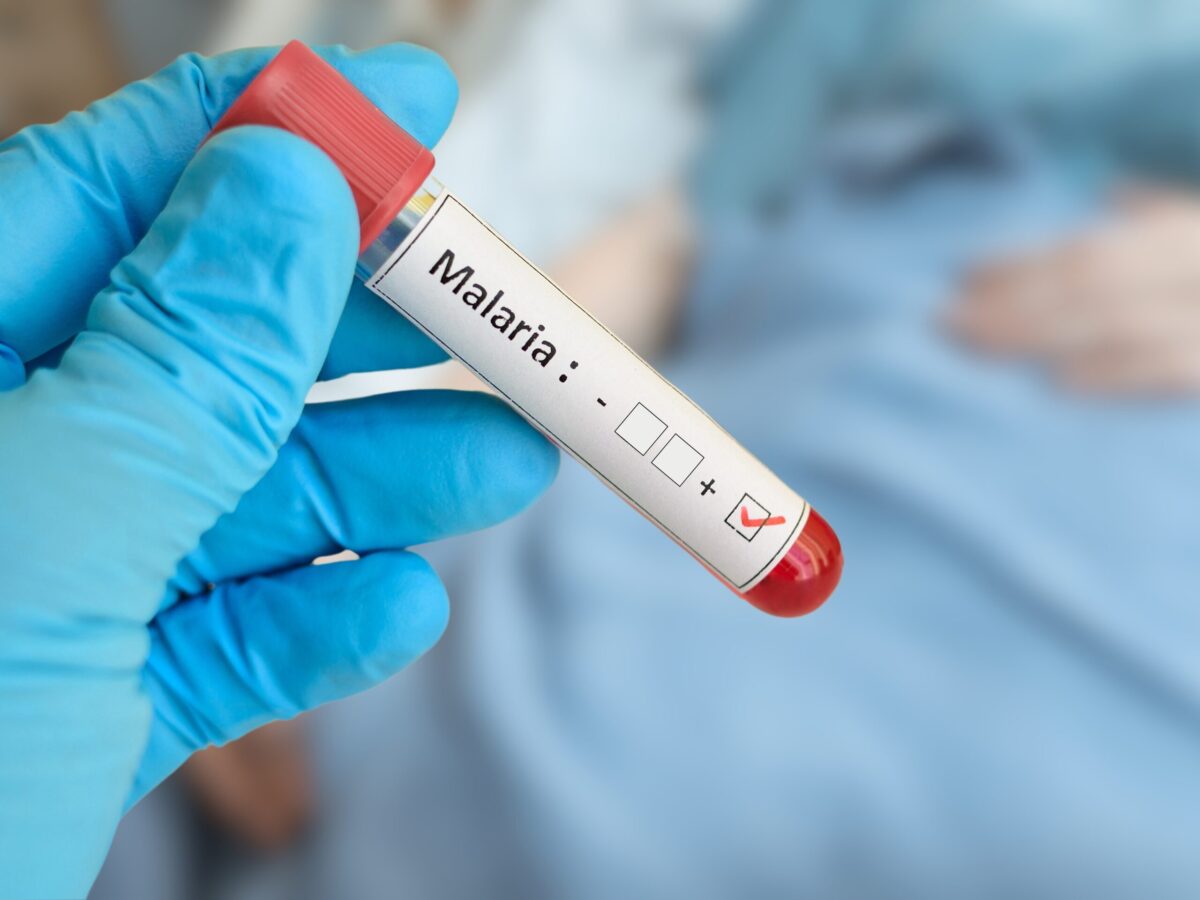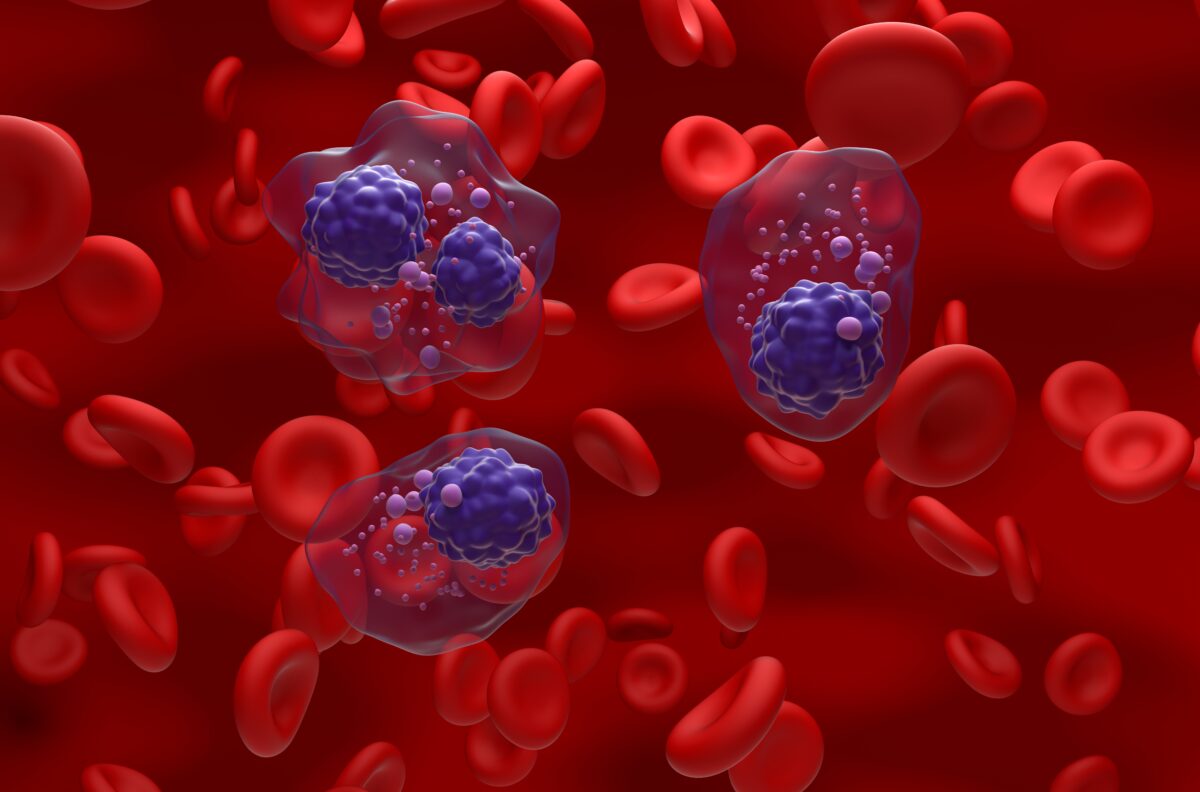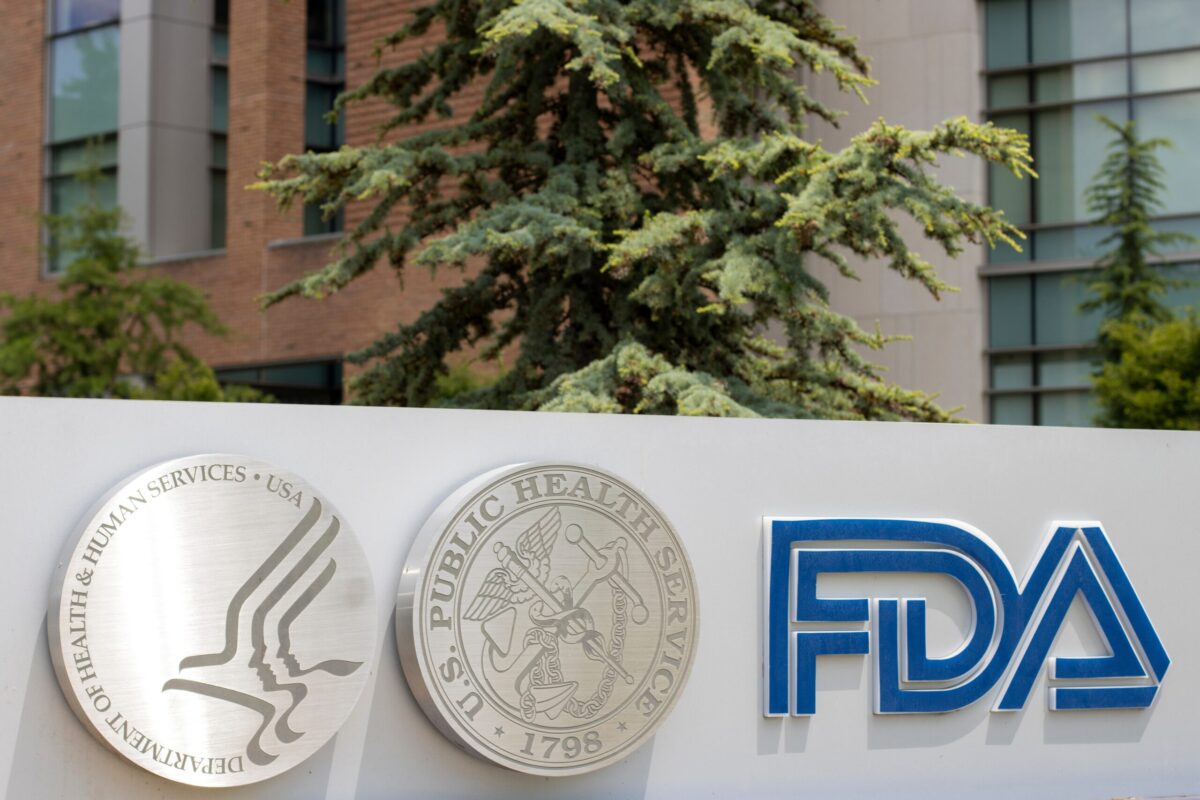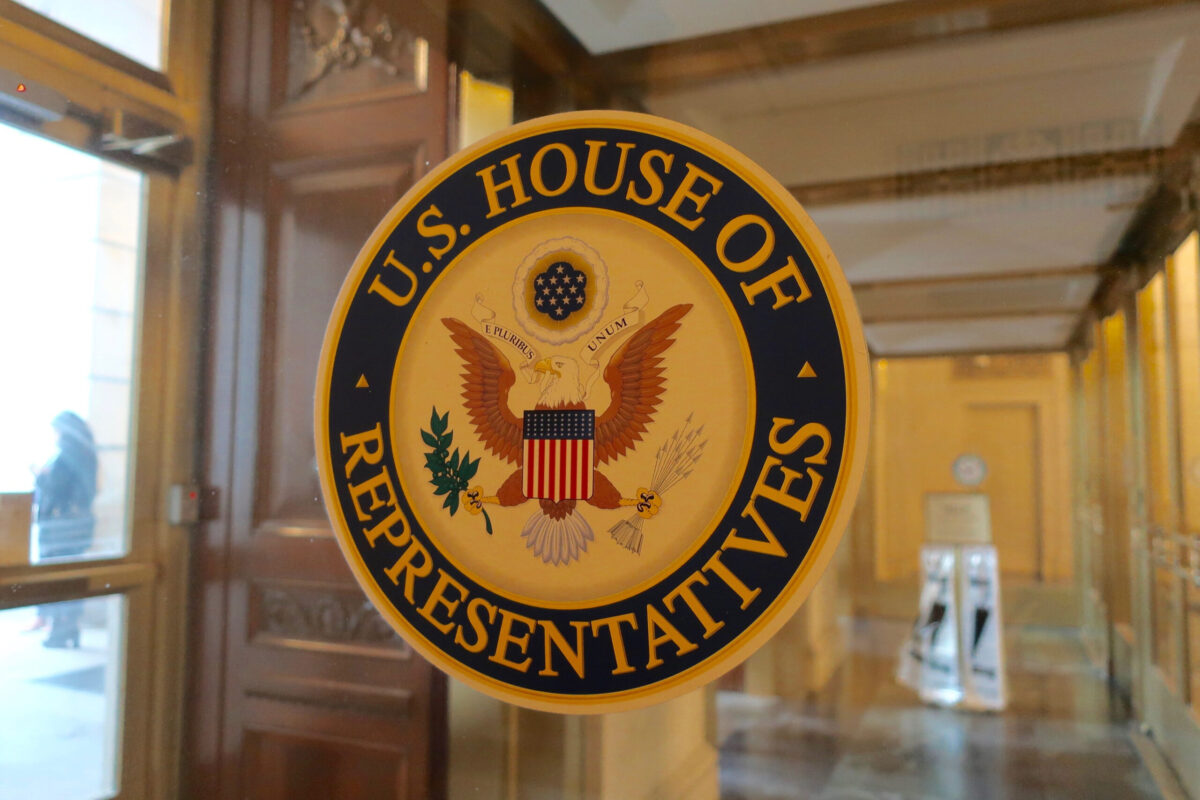An increasing proportion of experimental drugs that make it to the final clinical trial stages are failing to out-perform the placebo, preventing the drugs from being approved. A new study published in the journal Pain, suggests that the placebo effect has been getting stronger – especially in the US – and it may be the reason why so many new pharmaceuticals fail to pass their clinical trials.
The placebo effect is intimately tied to a patient’s expectations of the drug being tested, and it often affects people who are experiencing fatigue, depression, nausea and pain. Brain scans of clinical trial participants have shown that key parts of the brain involved in pain and stress management, are engaged when the patient is given a placebo.
Dr. Jeffrey Mogil and his research team at the University of McGill in Montreal, used data collected from 80 clinical trials testing neuropathic pain medications. The investigators found that the increasing strength of the placebo effect was linked with studies conducted in the US, suggesting that patient participation in the trials was sufficient for many of them to experience benefits – regardless of whether they were receiving the active ingredient or the placebo.
According to Mogil, he and his colleagues have postulated a number of reasons why the placebo effect might be particularly strong in the US. One such possibility is that direct-to-consumer advertising has a remarkable effect on patient expectations of a drug, thereby potentially increasing the positive effects of a placebo. The US is one of only two countries in the world – the other is New Zealand – to allow this type of advertising for pharmaceuticals.
Another such explanation for the rise in the effectiveness of placebo treatment, is that as US clinical trials get larger and are conducted for longer periods of time, they introduce a number of variables which may increase patient expectation and influence the trial’s outcome. Mogil says that even the use of contract research organizations (CRO) could raise patient expectations if the staff are friendly and display optimistic body language, such as looking the participant in the eye or shaking their hand.
According to Dr. John Farrar, a neurologist and epidemiologist at the University of Pennsylvania, “There’s been a push to gather data – not have missing data – so a lot more attention has been paid to patients. There’s a lot more contact with patients to make sure they fill out the forms in the right way, and a general increase in knowledge about the potential activity of the drug – talking about the science of it, how it might work, etc. And one can assume that all of that leads to a potentially higher expectation in patients.”
Another complicating factor in today’s clinical trial management, is the recruitment of trial participants who don’t really meet the criteria for the study. Some healthcare providers may even counsel a patient to exaggerate their symptoms in order to meet clinical trial eligibility criteria.
“The other thing is there has been a growth of what we would call ‘professional patients’ – patients who enroll in clinical trials because they find they can make money off that,” said Farrar. These patients may give a more representative account of their symptoms once they have begun the trial, which could increase the reported incidence of placebo response.
According to Farrar, there are a few steps clinical trial professionals can take in order to reduce the placebo effect. He advocates the use of stricter criteria for patient recruitment, and the use of less specific wording about that criteria when advertising for the trial, to prevent people falsely claiming to be eligible.
Farrar also recommends that a third group be added to the clinical trial design, which involves administering a previously-approved drug to the participants. This group would act as a positive control, such that if the approved drug and the experimental drug both failed to be more effective than the placebo, the trial coordinators would know that the trial design was flawed.
Dr. Nathaniel Katz, the president of Analgesic Solutions, believes that patient expectation must also be managed in order to control the placebo effect. “We tell them the truth,” said Katz. “Even if it works it only works for about a third to a half of patients – that’s as good as it gets these days.”
However, Katz warns that lowering a patient’s expectation too much may also influence the performance of the drug being tested. The challenge for physicians and clinical trial professionals is not only to manage this effect, but also to determine how the power of the placebo might be used to benefit patients.
Sources:
- Why are placebos getting more effective? – http://www.bbc.com/news/magazine-34572482
- Tuttle, A., Tohyama, S., Ramsay, T., Kimmelman, J., Schweinhardt, P., Bennett, G., and Mogil, J. (2015). Increasing placebo responses over time in U.S. clinical trials of neuropathic pain. Pain.












Join or login to leave a comment
JOIN LOGIN